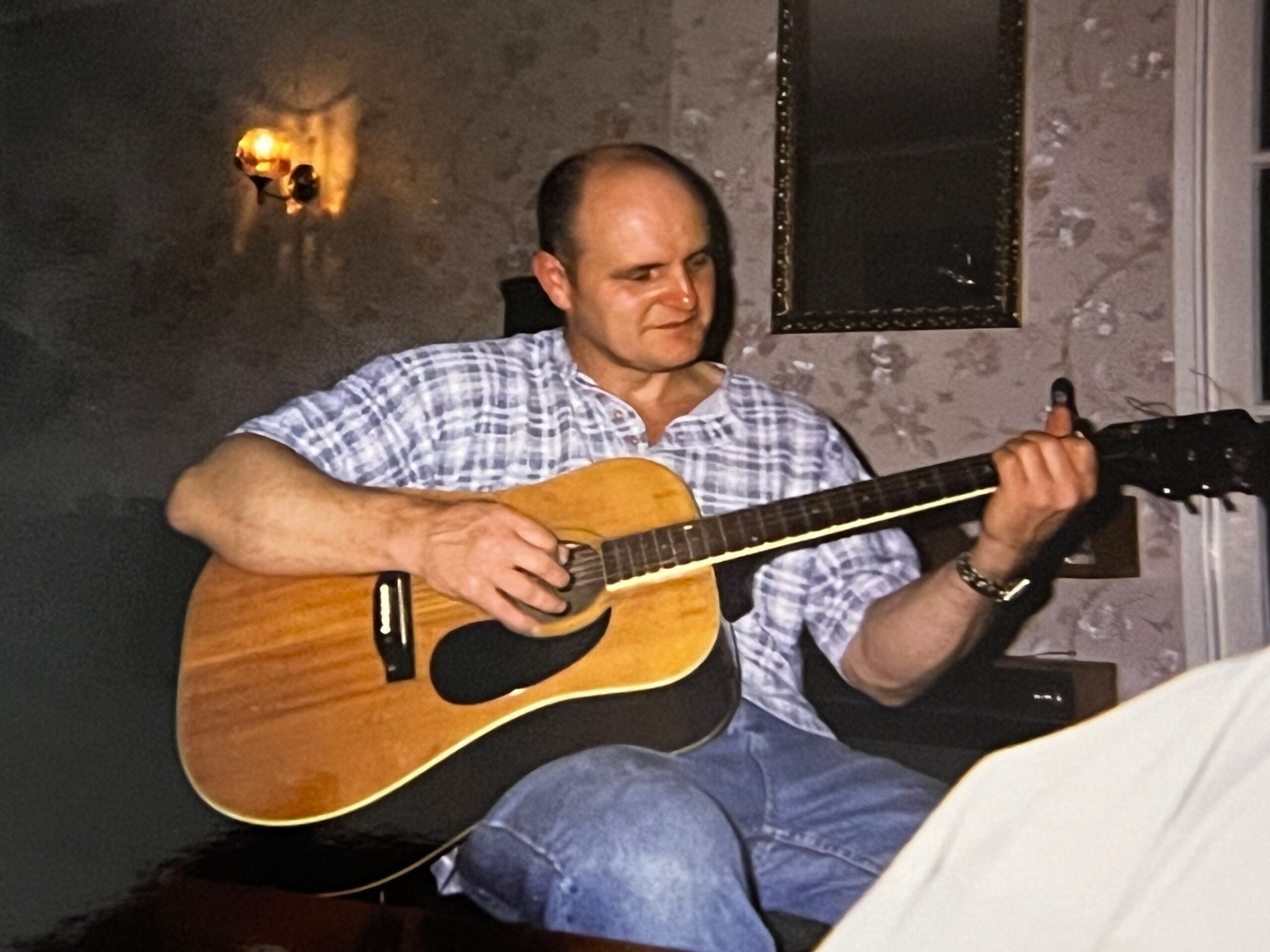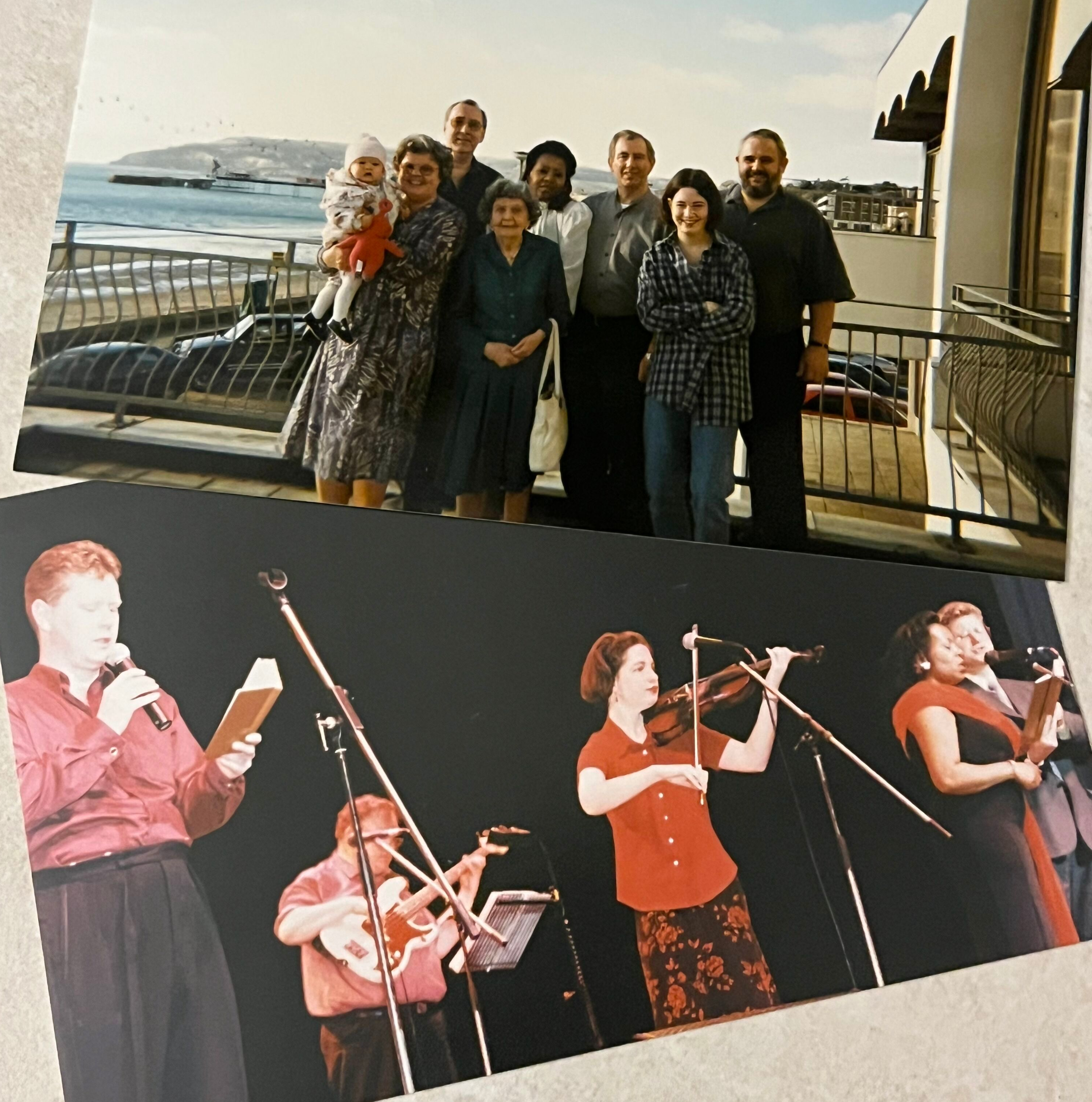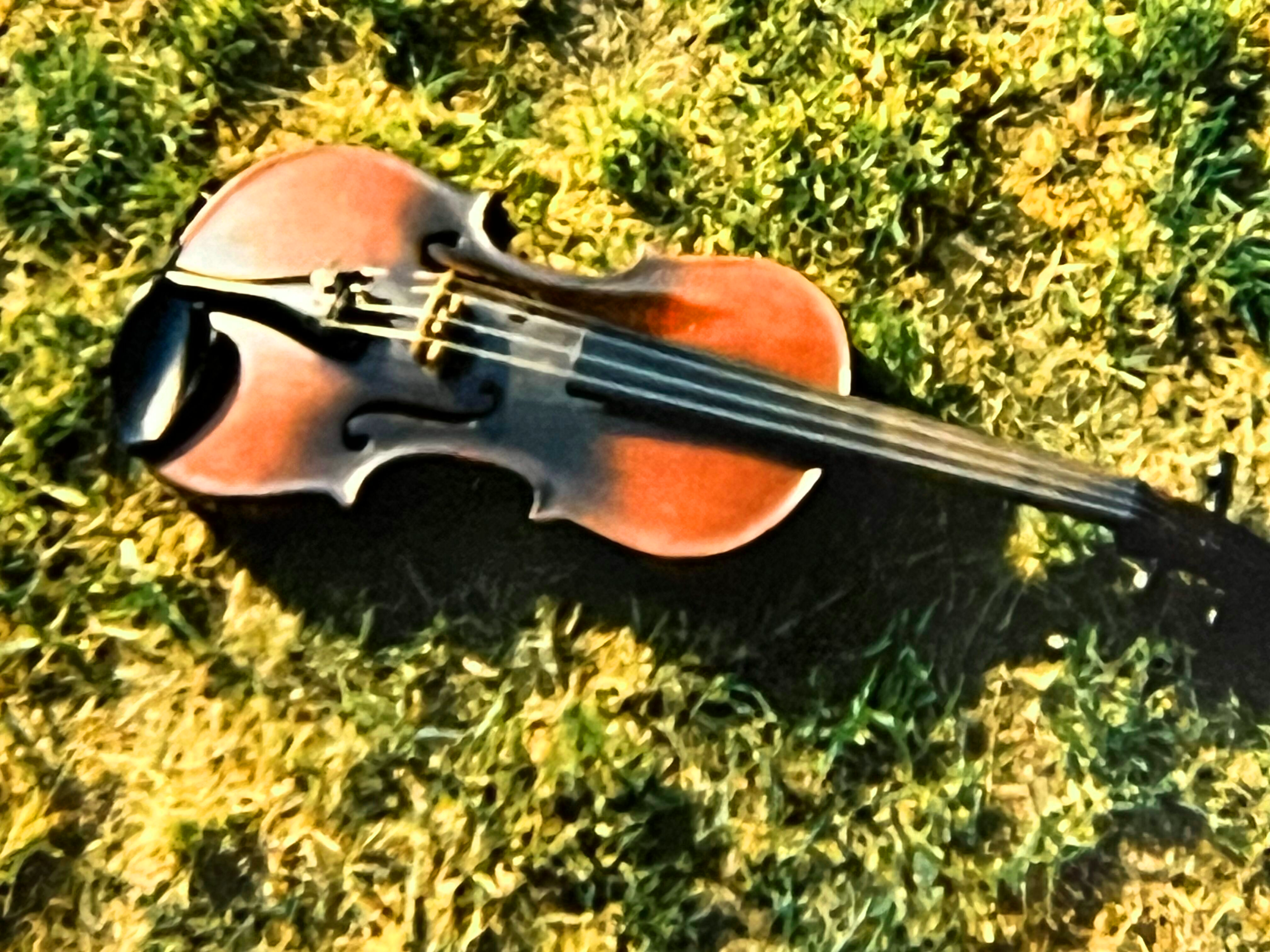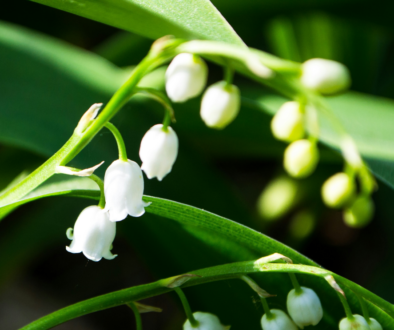I Love Music
I love all good music – because all good music comes from all good cultures around the world – which includes every country and every community.
In my childhood, I developed a love of classical composers such as Beethoven and Tchaikovsky.
In my teens, I developed a love of haunting Irish folk music as well as their fast jigs. I also developed an appreciation for the beautiful soulful voices of Nina Simone, Etta James, Ella Fitzgerald, Diana Krall, B.B. King and of course, the great Whitney Houston.
And later on, I began to appreciate every type of music, from the panpipes of South America which are slightly reminiscent in sound to the Irish tin whistle; to the Spanish Flamenco and Arabian fiery folk music; to the didgeridoo vocal beats of Australia. There is beautiful music everywhere in the world and so many beautiful voices too! I am a bit of a music fan! For a while (in the UK) I was a music teacher!
Music can express so much in a melody, but when you add lyrics in poetry form you can paint the pictures of a world history and transform the listener’s emotion from depths of despair to the heights of elation and the reverse again. Music is powerful!
Over the years, I have been fortunate to play with a variety of bands (blues/jazz/rock n’ roll) for charity events and then later played with others using my violin as a fiddle, to play fast Irish jigs for weddings and other events. Enjoyable and memorable times!



My husband (born in Johannesburg, South Africa) introduced me to a wonderful collection of alternative music, including Hugh Masekela’s Stimela (The Coal Train) which is not just a song—it’s an emotional journey, a visceral experience that immerses the listener in the raw suffering, resilience, and deep longing of displaced African laborers.
From the moment the music begins, there’s a haunting atmosphere—an almost hypnotic rhythm that mimics the relentless chug of the coal train, a mechanical force carrying men away from their homes, their families, and their dignity. Masekela’s voice doesn’t just narrate; it commands the listener’s attention, shifting between a quiet, brooding tone and a powerful, anguished cry.
The repeated “Whooo whooo!” is more than a train whistle—it’s a wail of despair, a ghostly reminder of a system that uprooted and exploited generations. The percussive intensity, the swelling horns, and the rising urgency in his delivery make you feel the suffocating darkness of the mines, the indignity of laboring for “almost no pay,” the weight of loss, and the unrelenting pain of forced separation.
Yet, beyond the despair, there’s defiance. The music pulses with a rhythmic insistence, as if to say, “This suffering will not be forgotten.” Stimela isn’t just a song; it’s a cry from the depths of history, demanding to be heard, remembered, and felt.
I long for the day when God gives these mines back to the African working people and a day when there is no more exploitation for little pay. A day when justice prevails! – Psa 72:12-14


